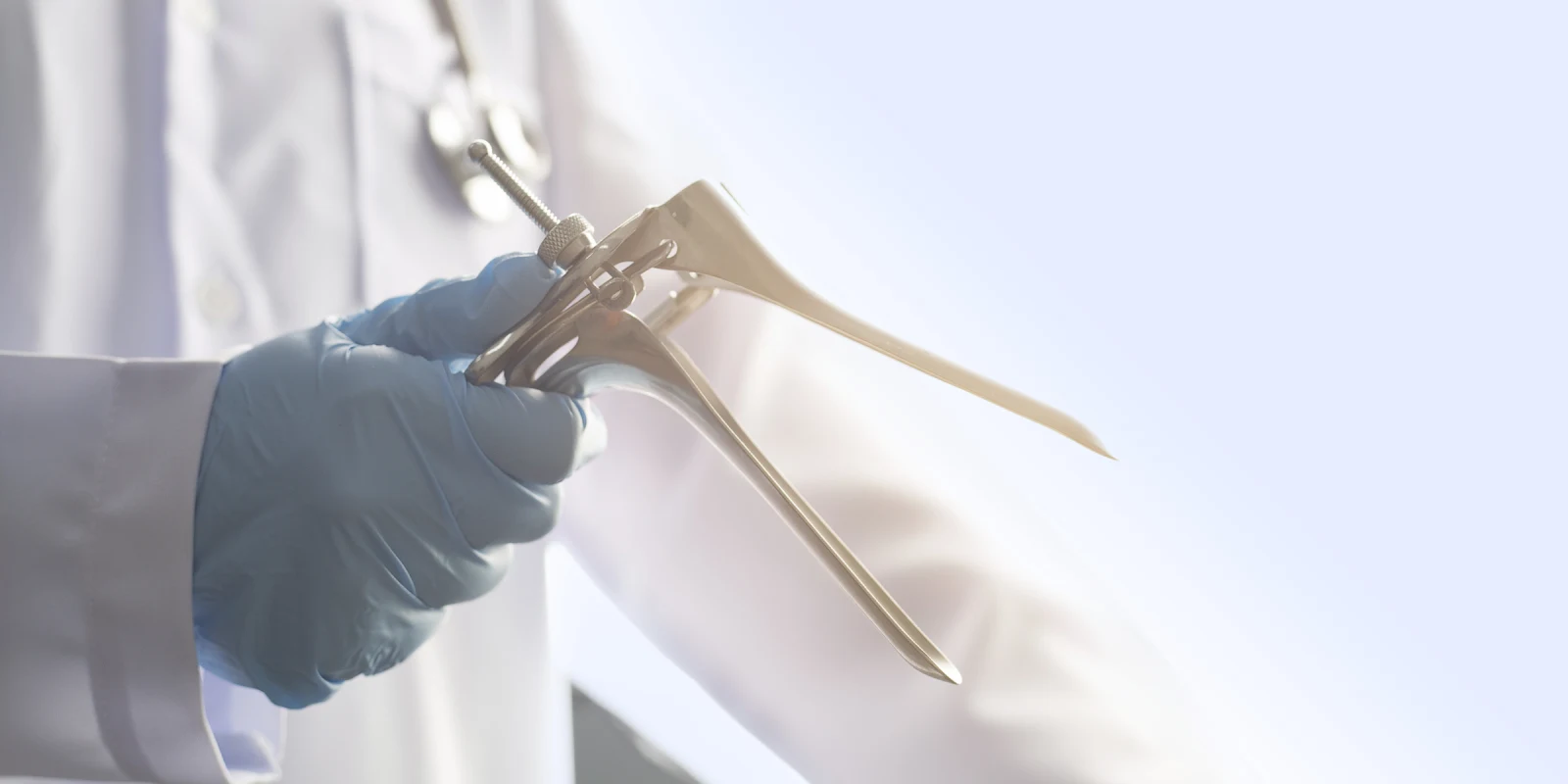Dr. Amanda Williams is a 2020–2021 Doximity Research Review Fellow. Nothing in this article is intended nor implied to constitute professional medical advice or endorsement. The views expressed in this article are those of the author and do not necessarily reflect the views/position of Doximity.
A recent study by Smith et al. showed that women with Down syndrome may be receiving gynecologic care at substantially lower rates than other forms of health care, despite recommendations from the American College of Obstetricians and Gynecologists, the American Academy of Pediatrics, and the National Down Syndrome Society. As women make up about 40% of people with Down syndrome, this represents an area for major improvement. Women with Down syndrome need a gynecologist for many of the same reasons as other women, especially given that gynecologic care includes important cancer screenings. Although 89% of the women in the Smith study had received recommended non-gynecologic preventive care, only 26% of the women over age 21 had ever had a Pap test, and only half of the women over 40 had ever had a mammogram. It’s important for providers to remember that women’s health care is health care — and that reality applies equally to patients with Down syndrome.
The delivery of routine gynecologic care in this population is subpar. Gynecologists and other professionals taking care of individuals with Down syndrome must strive to make care more accessible and less intimidating. The medical community needs to correct misconceptions about the gynecologic needs of patients with Down syndrome, and help educate patients and their families regarding the purpose and importance of gynecologic care. For guidance, we can look to our colleagues in transition medicine, who regularly care for young adults with pediatric-onset special health care needs as they move into the world of adult medicine. With our recognition and commitment, these potentially difficult transitions can be much improved.
Dr. Williams completed her undergraduate training at the University of Notre Dame in 2013 after majoring in physics. She then went on to medical school in Chicago and is now in her final year of ob/gyn residency in Houston, Texas.
Image: black duck style / shutterstock







